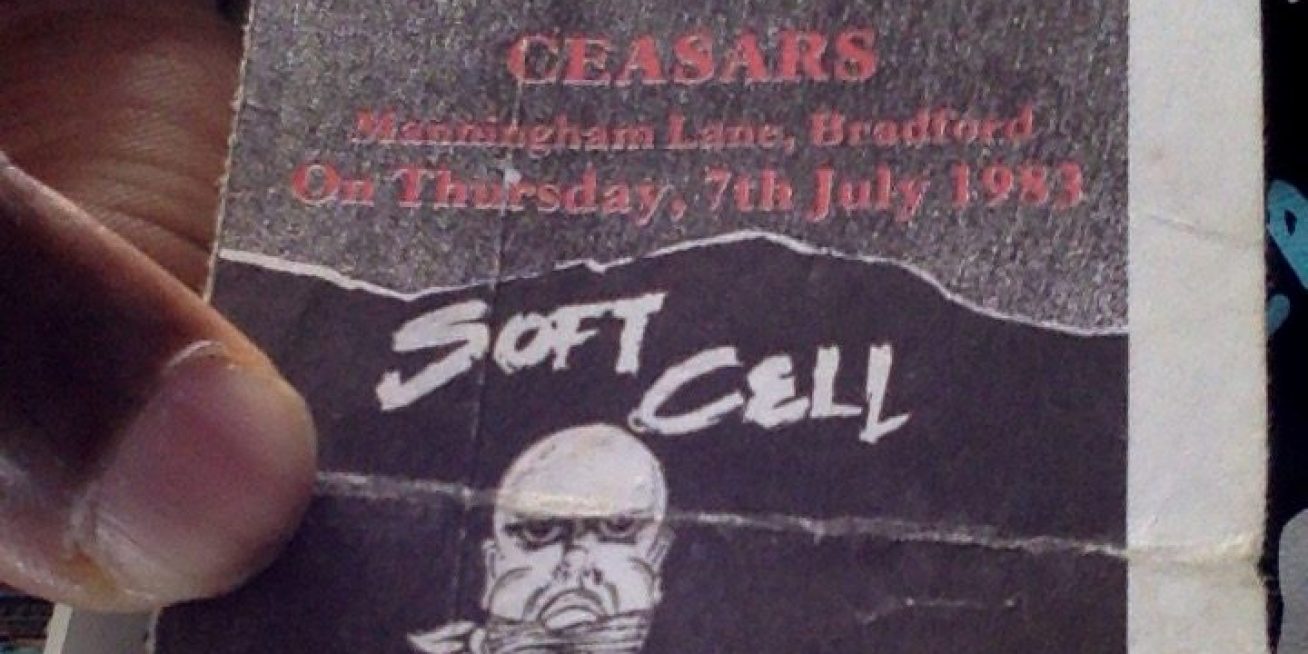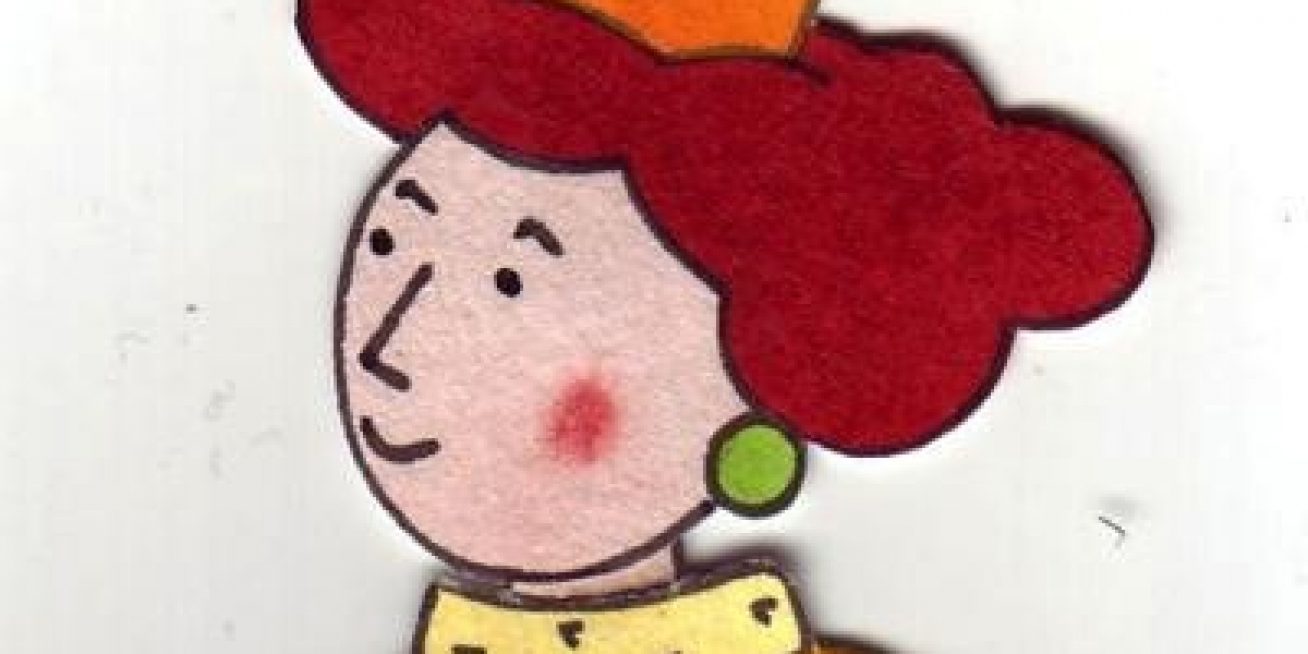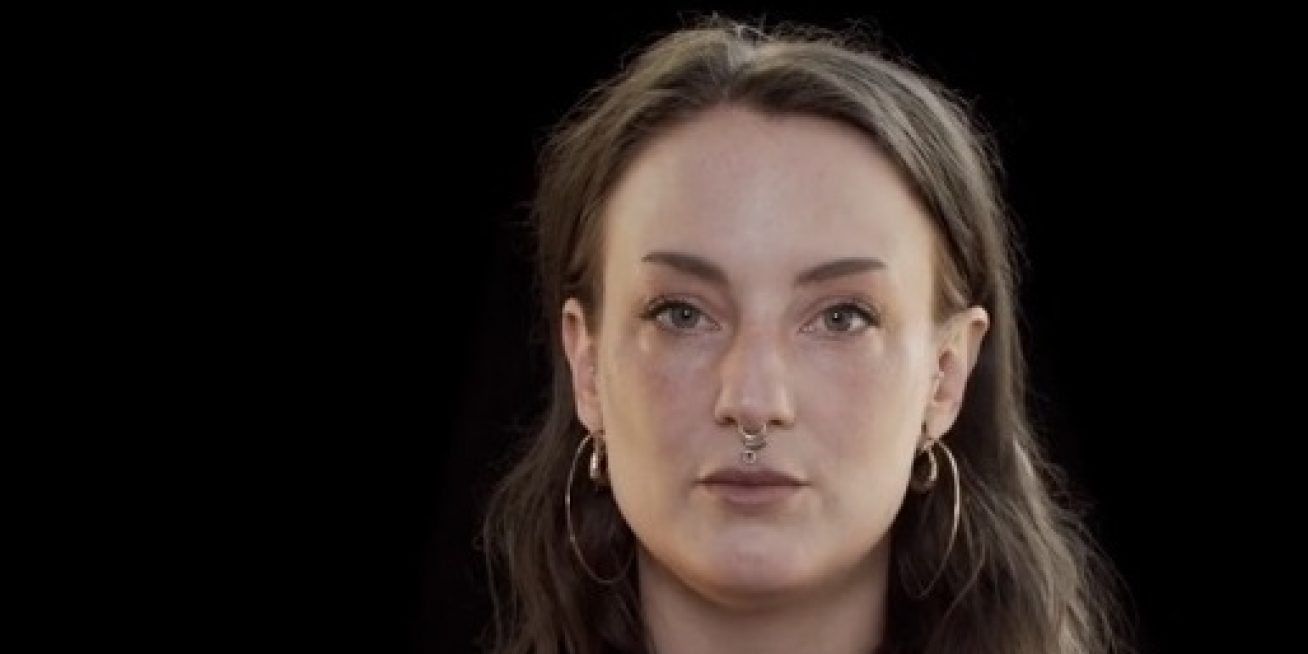Dancing Bear
Director Jamie Fletcher describes the theatre show 'Dancing Bear', which explores gender, sexuality and faith, and was performed at the West Yorkshire Playhouse in 2017.
TRANSCRIPT
JAMIE: So Dancing Bear is a... show exploring... gender, sexuality and faith, so in many ways those are the kind of, the holy trinity of headfucks for… certainly for Christian communities that I think, but – well those are the kind of subjects that are [pause] that have previously been [pause] kind of...brushed under the carpet. But I, I really felt that, kind of, heading into 2014 that there was – so much had been kind of swept under the rug, that there’s now pile under that rug that everyone kept tripping over, and it was just so obvious that this needed to be talked about, and to be explored... in the right way. And that was for me, was the kind of stimulus to kind of start to develop something that, that really looks at that and really speaks directly into those communities, as a sort of I guess piece of art-as-activism.INTERVIEWER: So thinking about the show itself, is it done as a story?
JAMIE: Yeah, it’s, it – well...yes [laughs]. There are multiple stories through, throughout, so… What’s, what’s different about the show, as to other musicals, is that it’s – these are real stories, they’re our stories. So there’s ten performers in the cast. And everyone in, in the show… are there as either as allies, or as LGBTQ people, and then they tell their own stories and kind of why they’re there. And how... how their experiences of sort of those experiences may be interconnected in some way, more why they’re relevant for people to listen to. And I think it’s just so rare for... for, for honest real stories, told by queer people, to be put on the stage, cos too often our stories are, are written by, by others, by straight people or by cisgender people and, and it misses something, so it’s really important for us to be on there, telling our own stories and our – and, and having that vulnerability… which I thought was the – a real... unique selling point for our show and a real... a really important characteristic for us to have.
Cos when you’re handling something that is so [pause] potentially challenging or [pause] or certainly could provoke, it needs to be handled with care. So we want, wanted to be able to create a space where we can talk openly on stage in a way that is accessible to a really wide audience. So not just speaking to, to LGBTQ people cos actually, really we, you know, we weren’t really necessarily telling them anything that they didn’t know, but maybe was just sort of reflecting back perhaps, similar experiences that, that they might have felt. But of really opening up a conversation that... I felt wasn’t really… happening at the time, which is about... actually whether it’s ok to be a Christian and be LGBTQ, and whether it’s – whether, you know, whether we... whether we can have an experience with God and what that means and, and, and what is our experience with the church and how should that move forward? And... yeah, I just thought that that was, that was really important.






